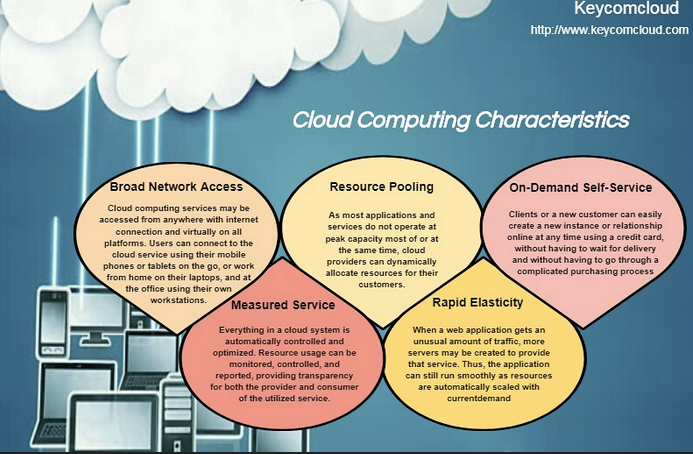
Business consultant Deloitte frames the metaverse as consisting of various digital technologies.
They include extended reality (XR) devices, edge and cloud computing, 5G and 6G cellular networks, artificial intelligence and machine learning, volumetric scanning and 3D modeling and blockchain/cryptocurrency/NFTs.
The virtual manifestations are varied — from a new way to hold remote meetings to building an interactive, digital twin of a factory floor to creating a multiplayer game.

Considerations “technical, social and financial” are “converging to make the metaverse particularly crucial now,” according to Deloitte.
To begin, the technology outlined is rapidly approaching a stage, in terms of both functionality and adoption, where it is becoming part of standard business practice.
Second, it is a potential growth vector that companies in many related industries can harness for profit. One such area is entertainment. The global metaverse In entertainment is forecast to hit $28.9 billion during 2022-2026, according to ReportLinker. The market is driven by rising consumer spending across virtual concerts, and events, VR gaming on the metaverse and the improved experience of 3D and 4D cinemas.
Another growth area is travel. Virtual reality and augmented reality have made it possible to provide more immersive travel experiences. The metaverse has the potential to change the way travelers engage in pre, post, and in-trip purchases and become an essential part of the travel ecosystem, according to Digital Journal.
Third, the COVID-19 epidemic introduced brand new interactional standards that are becoming ingrained in our culture.
A total of $80 billion in corporate investment and $10 billion in venture-capital investment were reported by Deloitte over the course of the previous year. Digital investment, which comprises part of those figures, signals an ongoing and future expansion opportunity. The metaverse is congruent with the concept of a “growing digital economy.”
Deloitte highlights various outcomes for the next decade that could affect the venture’s viability.

Deloitte suggests steps that corporate decision-makers can take right now to strike a balance between pragmatism regarding an opportunity that is may appear nebulous and actionable, organizational direction.
One area businesses actively support is cloud computing. Companies that provide cloud services enable users to store files and applications on remote servers and then access all the data via the Internet. This means the user is not required to be in a specific place to gain access to it, allowing the user to work remotely. It’s a system primarily comprised of three services: software-as-a-service (SaaS), infrastructure-as-a-service (IaaS), and platform-as-a-service (PaaS).
“The potential of the metaverse should not be underestimated,” the study concludes. “Stay focused on the big picture. Pay attention to user demand and the factors that drive them. [And] pledge your allegiance to the concept of a responsible metaverse.”
Produced in association with MetaNews.
Recommended from our partners
The post Digital Worlds: The Metaverse Spurs Business Growth And Opportunities appeared first on Zenger News.










